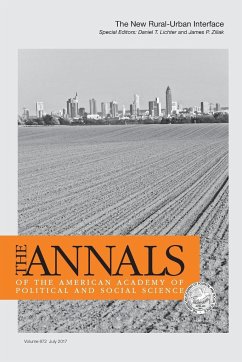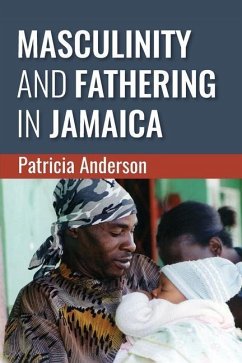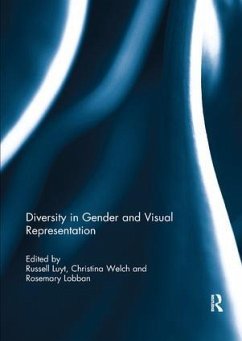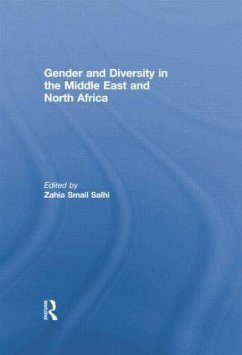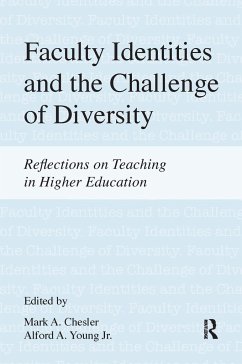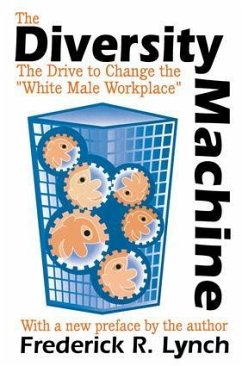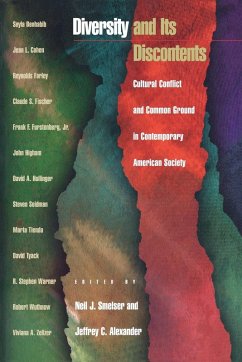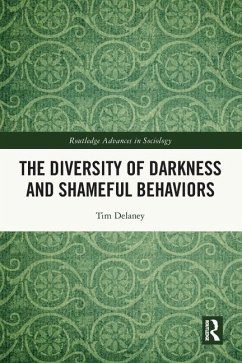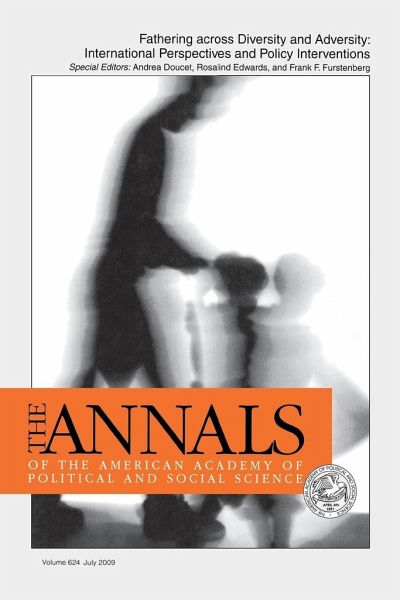
Fathering across Diversity and Adversity
International Perspectives and Policy Interventions
Versandkostenfrei!
Versandfertig in 1-2 Wochen
70,99 €
inkl. MwSt.

PAYBACK Punkte
35 °P sammeln!
Over the past few decades, scholarly and policy interest in fatherhood and fathering has burgeoned, in large part because of profound social changes in women's and men's lives in the last half of the twentieth century. However, this research has remained largely national in focus, with little cross-cultural dissemination of knowledge about fathering practices and supportive or constraining social policies. This insightful volume presents a transatlantic perspective on fatherhood and fathering comparatively across nation states, as well as in individual countries (including the United States, C...
Over the past few decades, scholarly and policy interest in fatherhood and fathering has burgeoned, in large part because of profound social changes in women's and men's lives in the last half of the twentieth century. However, this research has remained largely national in focus, with little cross-cultural dissemination of knowledge about fathering practices and supportive or constraining social policies. This insightful volume presents a transatlantic perspective on fatherhood and fathering comparatively across nation states, as well as in individual countries (including the United States, Canada, United Kingdom and Norway.) Exploring the diversity of fatherhood, it encompasses differences across social class, race and ethnicity, age and life course, and varied household formations. The articles examine young fathers, separated and divorced fathers, fathers from minority ethnic and immigrant groups, working-class fathers, new fathers, gay fathers, and fathers of children with special needs. Readers can gauge the different "epochs" of fathering over time and explore the tension that fathers may experience between being good financial providers and actively caring for their children. Authored by leading figures in fathering research from North America, Europe, and Scandinavia, the multilayered and intriguing articles in this volume of The ANNALS point toward the need for sustainable policy frameworks that enable fathers to be involved in their children's lives in ways that do not include biased assumptions about the expression of that involvement.





